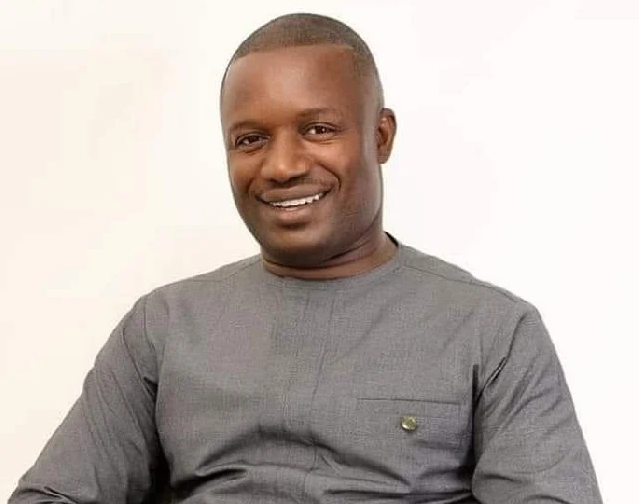The Ghanaian government, under the leadership of Energy and Green Transition Minister John Abdulai Jinapor, is embarking on a significant reform of its power distribution sector. This move comes as a response to persistent financial challenges, including a staggering monthly deficit exceeding one billion Cedis, which is significantly impacting the entire energy supply chain. Recognizing the need for enhanced efficiency and sustainability, the government established a Technical Committee on Private Sector Participation (PSP) tasked with exploring strategic options for revitalizing the Electricity Company of Ghana (ECG) and the Northern Electricity Distribution Company (NEDCo). The committee’s recently completed report, soon to be submitted to the Cabinet for review and approval, outlines three potential models for private sector involvement, each designed to address the systemic issues plaguing the distribution utilities.
The committee, chaired by Mr. Jabesh Amissah Arthur, conducted an extensive consultative process, engaging with 285 individuals and 35 organizations representing a broad spectrum of stakeholders. This comprehensive approach aimed to ensure that the proposed reforms are informed by diverse perspectives and address the concerns of all affected parties. The resulting report not only presents potential solutions but also provides a detailed analysis of the challenges currently hindering the performance of ECG and NEDCo. These challenges have been categorized into three primary areas: governance issues, operational inefficiencies, and financial constraints. This thorough assessment forms the basis for the proposed reforms, providing a clear understanding of the problems that need to be addressed.
Minister Jinapor emphasized that the reforms are not intended to result in the outright sale of ECG or its assets, a point he underscored to dispel circulating rumors and misconceptions. Instead, the focus is on introducing private sector expertise and investment to improve operational efficiency, enhance revenue collection, and ultimately strengthen the financial viability of the distribution sector. He reiterated the government’s commitment to transparency and inclusivity throughout the reform process, assuring stakeholders that their input will be valued and considered as the process moves forward. The Cabinet’s decision on the committee’s recommendations will determine the next phase of implementation, with further stakeholder engagement anticipated.
The three models proposed by the committee offer distinct approaches to private sector participation. The first, the Full Entity Concession model, involves handing over the entire distribution network to a single private operator. This approach would provide a comprehensive change in management and operations, potentially leading to significant improvements in efficiency and financial performance. The second model, the Multiple Lease Model, envisions dividing the distribution network into smaller, manageable segments, each operated by a different private entity. This model allows for greater competition and specialization, potentially leading to more targeted improvements in specific areas. Finally, the Service Franchise Approach focuses on low-voltage operations, with private entities managing specific service areas within the distribution network. This model offers a more localized approach, empowering local operators to address specific community needs.
The committee’s rigorous evaluation of these models considered their potential impact on various aspects of the distribution network, including operational efficiency, financial sustainability, and service quality. The report provides a comprehensive analysis of the advantages and disadvantages of each model, allowing the Cabinet to make an informed decision on the most appropriate approach for Ghana’s specific context. The chosen model will have significant implications for the future of Ghana’s power distribution sector, shaping the way electricity is delivered to consumers and impacting the overall performance of the energy sector.
The upcoming Cabinet review of the committee’s report represents a crucial juncture in Ghana’s efforts to reform its power distribution sector. The chosen path will determine the extent and nature of private sector involvement, setting the stage for significant changes in the management, operation, and financial performance of ECG and NEDCo. The government’s commitment to transparency and stakeholder engagement will be critical in ensuring a smooth transition and building public confidence in the reform process. The successful implementation of these reforms holds the promise of a more efficient, sustainable, and financially viable power distribution sector, contributing to the overall economic development of Ghana.


